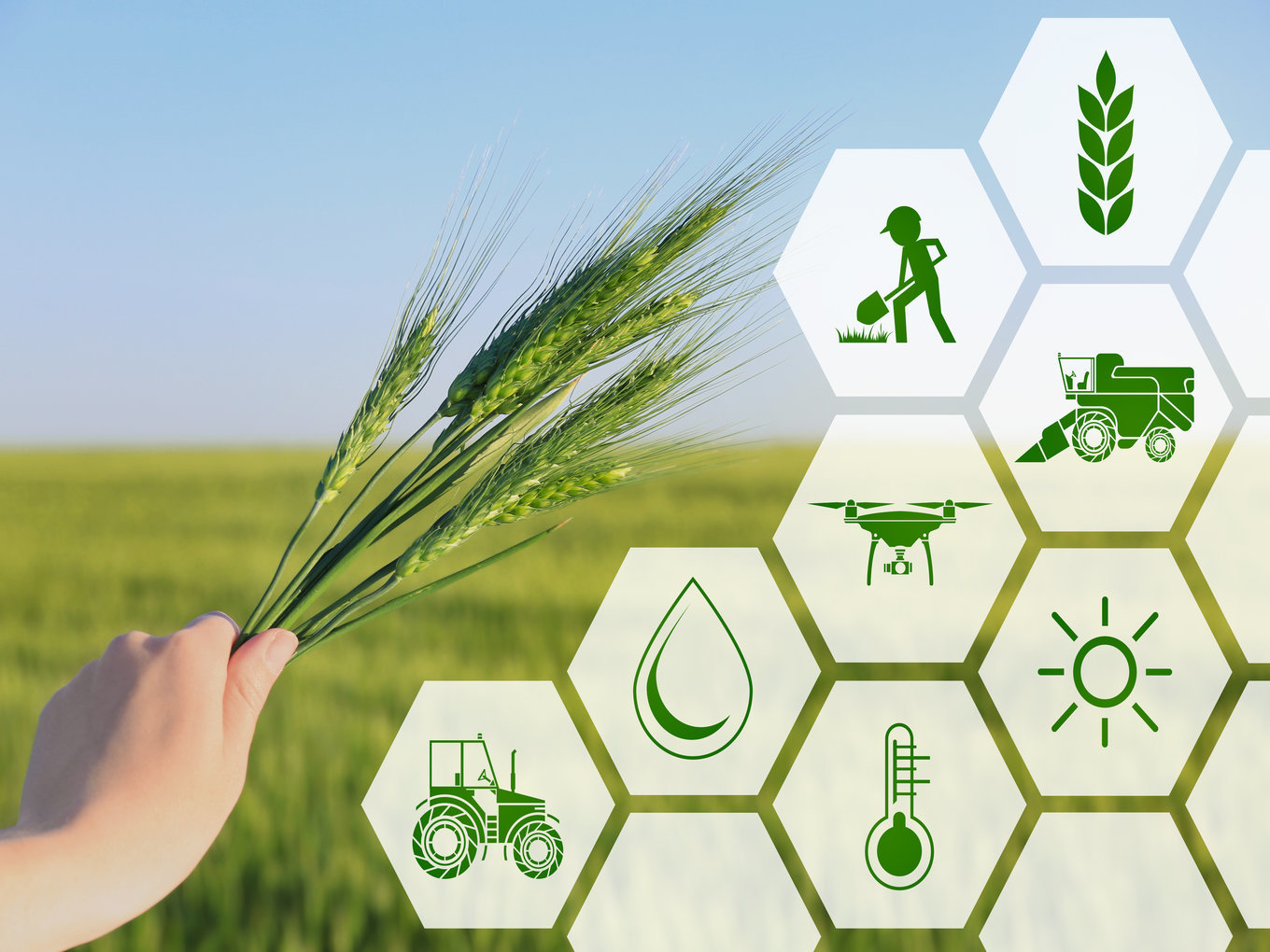Last week, the Federal Ministry of Agriculture and Rural Development convened the 44th Regular Meeting of the National Council on Agriculture and Rural Development with the theme ‘Nigeria’s Agriculture and Food Security in the Face of COVID-19, Floods and Insecurity’. I was opportune to present a paper on ‘Digital Technologies’ as well as a memo on Mainstreaming Agricultural Technologies to the council.
In the course of my presentations, I tried to inform the council on the potentials for higher levels of innovation, entrepreneurship and productivity in agricultural technology (Agri-Tech). The challenges facing agricultural production in this and the next generation are formidable, and Agri-Tech requires higher levels of policy attention, public research and private investment to set agriculture on a path toward greater efficiency and sustainability.
Agri-Tech is a new emerging economic sector: Sustainable Agricultural Technology or, more simply, “Agri-Tech”. It refers to innovative technologies in the agricultural sector that demonstrably enhance the sustainability of the practice by increasing productivity, improving the efficiency of resource use, and reducing ecological impacts. It also yields sustained or enhanced profitability to investors by increasing the long-term value of agricultural production.
This sector has the potential to completely reshape Nigeria’s agriculture, dramatically increasing the productivity of the agriculture system while reducing the environmental and social costs of current agricultural production practices. Given that we must produce more food in the next 40 years than we have ever produced, and must do so sustainably, Agri-Tech innovations will be absolutely essential. Nigeria can rise to the occasion and overcome her monumental challenges, but to do so will require sustained attention, significant investment, and Agri-Tech-specific entrepreneur support systems to help spur innovation in the field.
In my memo to the council, I highlighted the need to raise awareness of the productivity and sustainability challenges of the food system and inspire entrepreneurs to enter the field. Nigeria’s agricultural productivity must double or triple to meet demand and stave off food and nutrition insecurity by 2050, and current growth rates in agriculture are not sufficient to meet this goal.
However, the agricultural sector faces an even greater challenge because of the uncertainty posed by climate change on future production and constraints posed by land disputes, water shortages, floods and other key resource issues as well as insecurity. These twin challenges of productivity and sustainability translate to countless opportunities for innovation across the complete value chain, from inputs and agricultural production to transport, processing, distribution, storage, and waste disposal. Visionary entrepreneurs will have the ability to solve pressing societal challenges while capturing the economic value of their new Agri-Tech products and processes.
Beyond awareness, Nigeria must find a way to increase the flow of capital to investments in Agri-Tech. The agriculture sector as a whole is one of the world’s largest economic sectors, and no doubt Nigeria’s biggest and largest employer of labour. Yet there has been relatively little investment in Agri-Tech compared with other industries like energy and telecommunications. Venture capital firms compiling portfolios of new Agri-Tech companies are seeing more startups seeking funding than available capital, and other investor groups thus far have not entered the field in significant numbers. Given the size of the potential market and the vital societal need for agricultural innovation, I hope that investors will soon realise the opportunity of Agri-Tech and invest substantially in this emerging field.
I also asked the Council to consider regional or even state level Agri-Tech entrepreneur support systems to accelerate innovation.
Nigeria has some of the world’s best growing conditions and natural resources and could easily become an epicentre of global agricultural activity. If we take our resources together it can indicate a regional competitive advantage in order to develop Agri-Tec. For these reasons, it is believed a concerted effort to develop a state-by-state Agri-Tech entrepreneurial support system will result in immense benefits for Nigeria itself and set an example for other agricultural communities worldwide. The extent to which we can exploit any opportunity as a nation is determined by whether or not we can produce enough food—efficiently and sustainably—to support ourselves. On this single factor, perhaps more than any other, hangs the fate of our economies and societies.
The task of sustainably increasing Nigeria’s food and agricultural production is one of the monumental challenges of our time. A successful agricultural revolution will require many actors, but in particular, it will require entrepreneurs who are passionate about promoting innovation and investment in Agri-Tech.

 Join Daily Trust WhatsApp Community For Quick Access To News and Happenings Around You.
Join Daily Trust WhatsApp Community For Quick Access To News and Happenings Around You.


